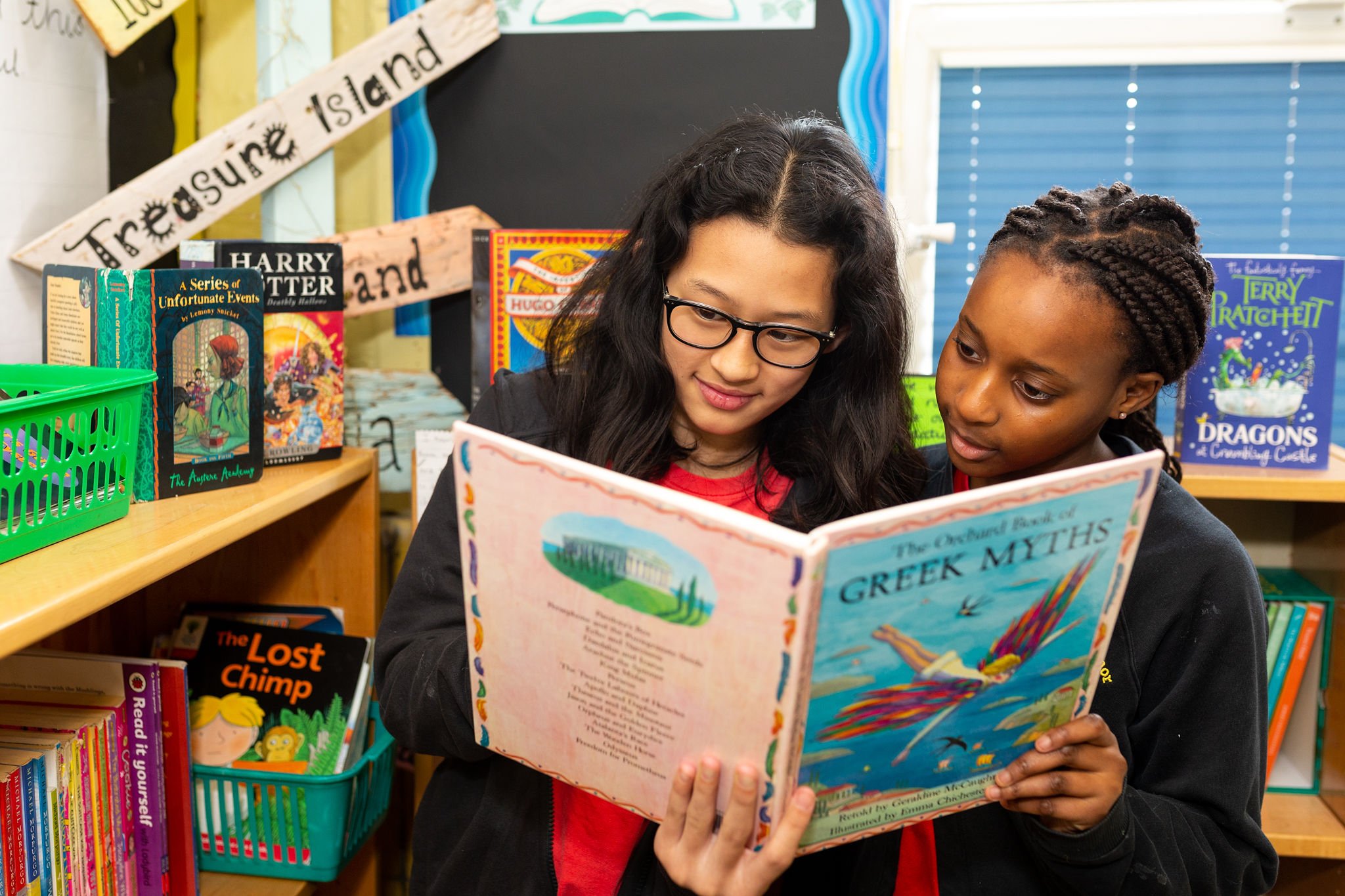
Reading for Pleasure
Reading for Pleasure Policy
At Charlton Manor, we believe that reading for pleasure is a vital part of every child’s education. We integrate high quality texts and enjoyable reading experiences into our curriculum and school day through a mixture of social and individual reading, enabling children to derive enjoyment and pleasure from a range of fiction, non-fiction and poetry.
One reason we want children to develop a love of reading is because there is a clear link between children’s reading and educational success. Children who say that they enjoy reading and who read for pleasure in their own time do better at school (Alexander, Entwisle & Olson, 2007; Allington & McGill-Franzen, 2013). Reading for enjoyment is positively associated with reading attainment and with writing ability and is more important for children’s educational success than their family’s socio- economic status (OECD 2002).
Not only does reading help children to build their understanding and knowledge of the world they live in, but it also allows them to build empathy, increase their community participation and give them a greater insight into human behaviour. Pupils who read for pleasure also demonstrate a wider general knowledge (Wells 1986), a better understanding of other cultures (Meek 1991), and more complex insights regarding human nature, motivations and decision-making (Cunningham and Stanovich 1998, Bruner 1996).
With these facts in mind, we hope that by helping children to develop their reading skills and exposing them to high-quality texts which build on and expand their interests, we will be able to start children on their journeys to becoming lifelong readers. Below are some key aspects of our reading for pleasure policy, each of which is aimed at developing children’s love of reading and books.
Peer reading
At Charlton Manor, we understand the value of reading socially, not just individually. Sharing a story with another person is something which humans have enjoyed for thousands of years, and by pairing different aged readers together, we hope to not only build reading confidence, but also reading enjoyment. Currently, Year 2 and Year 5 children pair up on a bi-weekly basis, allowing our younger KS1 readers to build their confidence while reading a book with older, more experienced Year 5 readers. This helps the children to see reading as a shared experience, rather than one which is to only be enjoyed on an individual basis.
Daily story time
Listening to high quality children’s literature being read out loud by an experienced reader is something which we feel all our children should experience on a daily basis, from Nursery up to Year 6. That is why for at least 20 minutes every day, teachers read to their class, purely for the sake of enjoyment. The benefits of being read to every day are numerous. Not only does it help children to build vocabulary, comprehension and empathy, but it
their own lives, informing their view of themselves and others. In each year group, teachers
also helps them to make connections with
have specific texts which are chosen for their high quality and appropriateness for each year
group. Not only are there a wide range of authors and books, but there are also multiple
genres, books from other cultures, classic literature and poetry. This means that children are
exposed to a wide range of engaging and exciting texts throughout their time at Charlton
Manor, many of which will encourage them to do further independent reading.
Book club assemblies
The major benefit of a book talk is that students are exposed to a wider variety of titles, genres and authors than if they just perused the bookshelves in the classroom (York, 2008). Children are more likely to be tempted to pick up books that their friends and peers have recommended, and for this reason each class from Year 1 to Year 6 has a weekly book talk assembly. These assemblies are also an opportunity for children to discuss their reading preferences, share experiences and ask questions about books.
During these assemblies, children may engage in a variety of activities which will help to develop their ability and enjoyment of books. Activities may include, but are not limited to, the following: exploring books by a particular author; recommending particular books; looking for facts in non- fiction books; sharing poems; discussing graphic novels; analysing illustrations; or sharing the blurb and opening lines from a variety of fiction.
Library sessions
All pupils from Nursery to Year 6 have a bi-weekly timetabled library session. These sessions are used for children to enjoy some independent reading, either on their own or with a friend. The library provides not only a relaxing and cosy space, but also a wide range of fiction, non-fiction and poetry for children to enjoy. For more information about the library, see the library policy.
Links with parents/guardians
Every day, children take school books to read at home, either with parents/guardians or independently. Children will be persuaded to take home books which are matched to their reading level and which they are interested in. Reading records are used to ensure regular communication about children’s home reading habits, allowing dialogue between home and school to ensure not only that children are reading regularly, but also that they are enjoying the books they are taking home. If they are not, children will be provided with a book which may better suit their interests and reading skill level.
World Book Day
Every year, we celebrate World Book Day, ensuring that the focus of the day itself promotes a buzz around reading. Pupils and staff can dress up as their favourite fictional book characters and discuss these with their classes, while activities for the day are based around reading and the sharing of experiences, books and authors.
